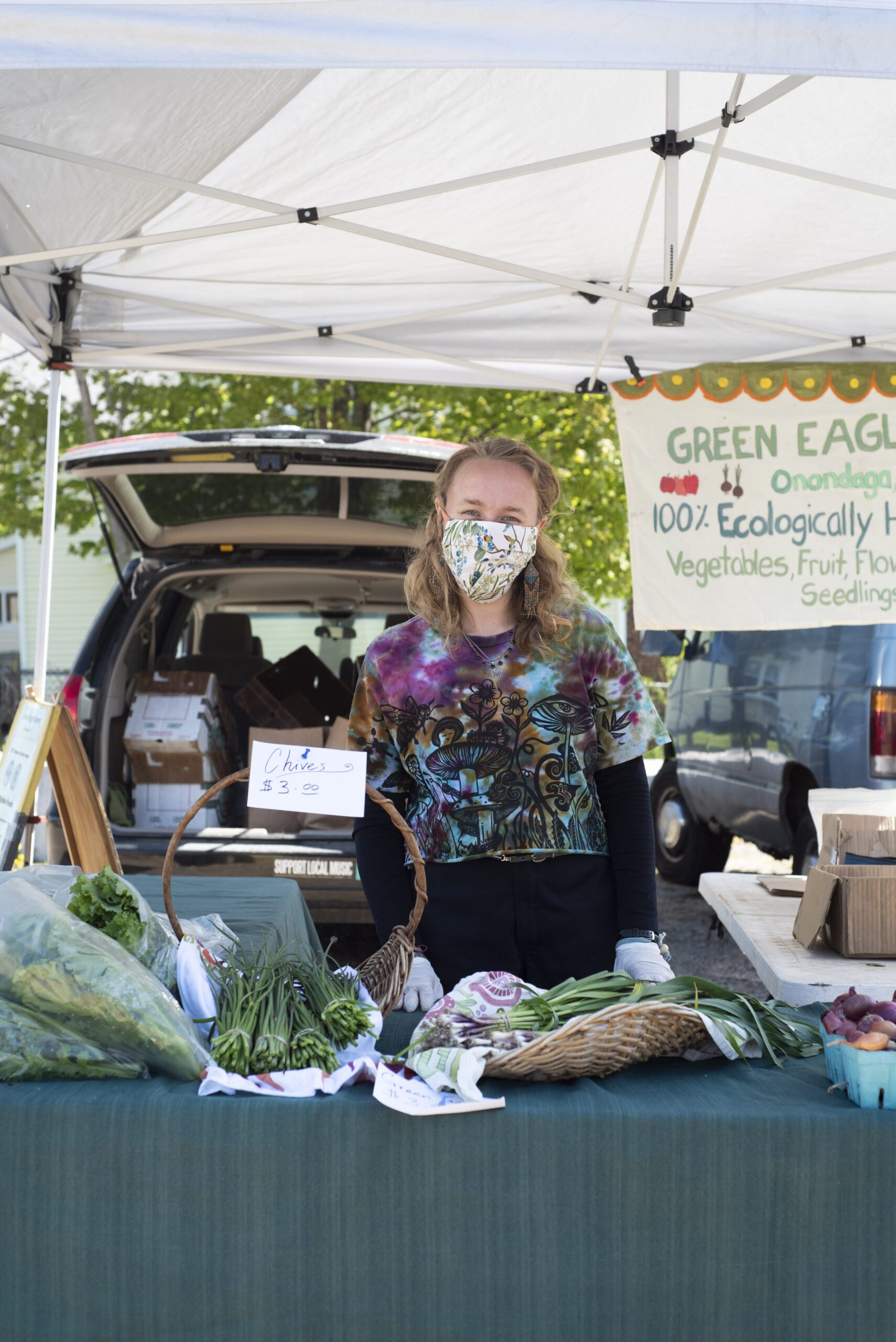About the Census
The Michigan Farmers Market Association (MIFMA) conducted a census of Michigan farmers markets to document how changes as a result of COVID-19 have impacted Michigan farmers markets. By collecting and studying the impacts on the 2019 and 2020 farmers market seasons, MIFMA had a clearer picture of the changes and could plan for anticipated needs for technical assistance, advocacy, and funding.
Who could take the survey? This survey asked about many operational aspects of farmers markets in Michigan communities. The person taking the survey was someone who has knowledge of and access to information about all aspects of their market; usually this person was the Market Manage or another staff member from the market’s Operating Organization. Only one survey per market was accepted.
When was the survey available? The survey was open from February 15 to March 31, 2021.
How were markets compensated for taking the survey? By completing the 2021 Michigan Farmers Market Census, markets contributed to new statewide data that helps us understand the state of the farmers market sector in Michigan. Each market that completed the survey was eligible to receive a $50 stipend and a discount for registration to the 2021 Michigan Farmers Market Conference.
Will there be another census in the future? Yes! We are planning to conduct another census of Michigan markets in 2025. If your market is interested in participating, make sure your listing in the Find a Farmers Market Feature is up to date so we can contact you with more information as it becomes available.








